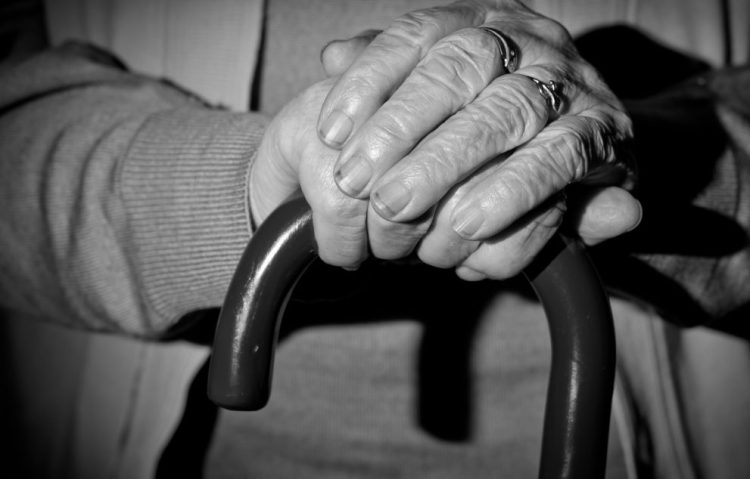When a municipality forecloses on the home of an elderly resident for nonpayment of property taxes, there is almost always something else going on beyond an inability to pay. Failing health, isolation, stress, confusion – these are almost always factors when a senior allows tax bills to add up for so long that their home falls under a lien.
In other words, the foreclosure is a symptom of the problem, not the problem itself. And in our aging, rural state, we need to make sure we are addressing the problem.
Gov. LePage has brought some light to this issue through L.D. 1629, sponsored on his behalf by state Rep. Ellie Espling, R-New Gloucester. The bill would force municipal officials to work more closely with elderly residents to avoid foreclosure, and allow residents to hold on to more of the equity they’ve built in their home in the case of a foreclosure.
The bill, which was caught in the end-of-session limbo as lawmakers and the governor debated priorities, makes the foreclosure process more fair, but addresses what is a very narrow issue. Municipalities already work hard to avoid foreclosures, which are rare in the case of owner-occupied homes.
When foreclosures do occur, it often has little to do with money. In fact, in the two cases LePage has cited in support of the legislation, the homeowners were prepared to pay as soon as they found out what was at stake. By that time, however, it was too late.
In one case, Richard and Leonette Sukeforth lost their Albion home after failing to pay property taxes for years. Family and friends didn’t realize how far things had gone until the town put the house on the market, and by then the town couldn’t accept their offers to pay the taxes.
In another, an elderly Caribou woman had difficulty keeping up with the bills once her gravely ill husband went to live in a veterans home. By the time she sent a payment, the home was already in foreclosure.
In both cases, the homeowners received plenty of opportunities to work with the town on the outstanding bills, but those entreaties were either misunderstood or ignored. The Sukeforths were both dealing with illness, including the beginning stages of Richard Sukeforth’s dementia. The woman in Caribou was living by herself for the first time, the full weight of overseeing the household on her shoulders.
In situations like that, municipalities shouldn’t send a tax collector – they should send a caseworker.
And LePage’s bill got that right. Included in one version was a stipulation that would help connect the homeowner to services and support if they have a condition interfering with their ability to manage the home.
But, again, this is too narrow. The nonpayment of property taxes sends up a clear signal that something is wrong in an elderly household, and they should be handled in that spirit.
However, for every household caught in the foreclosure process, there are many more struggling silently with isolation and illness. Too many seniors are stuck in homes they can’t afford or maintain. Too many live far from family or services. Too many don’t have a community of support to draw from.
As a state, we need to figure out how to identify and help those seniors. Gov. LePage could start by authorizing the sale of the $15 million in senior housing bonds approved by voters three years ago. He has so far refused, offering no reason except his own conspiracy theories.
As those bonds remain unspent, more than 10,000 seniors sit on a waiting list for affordable housing, many of them in danger of one day ending up like the Sukeforths.
Send questions/comments to the editors.


